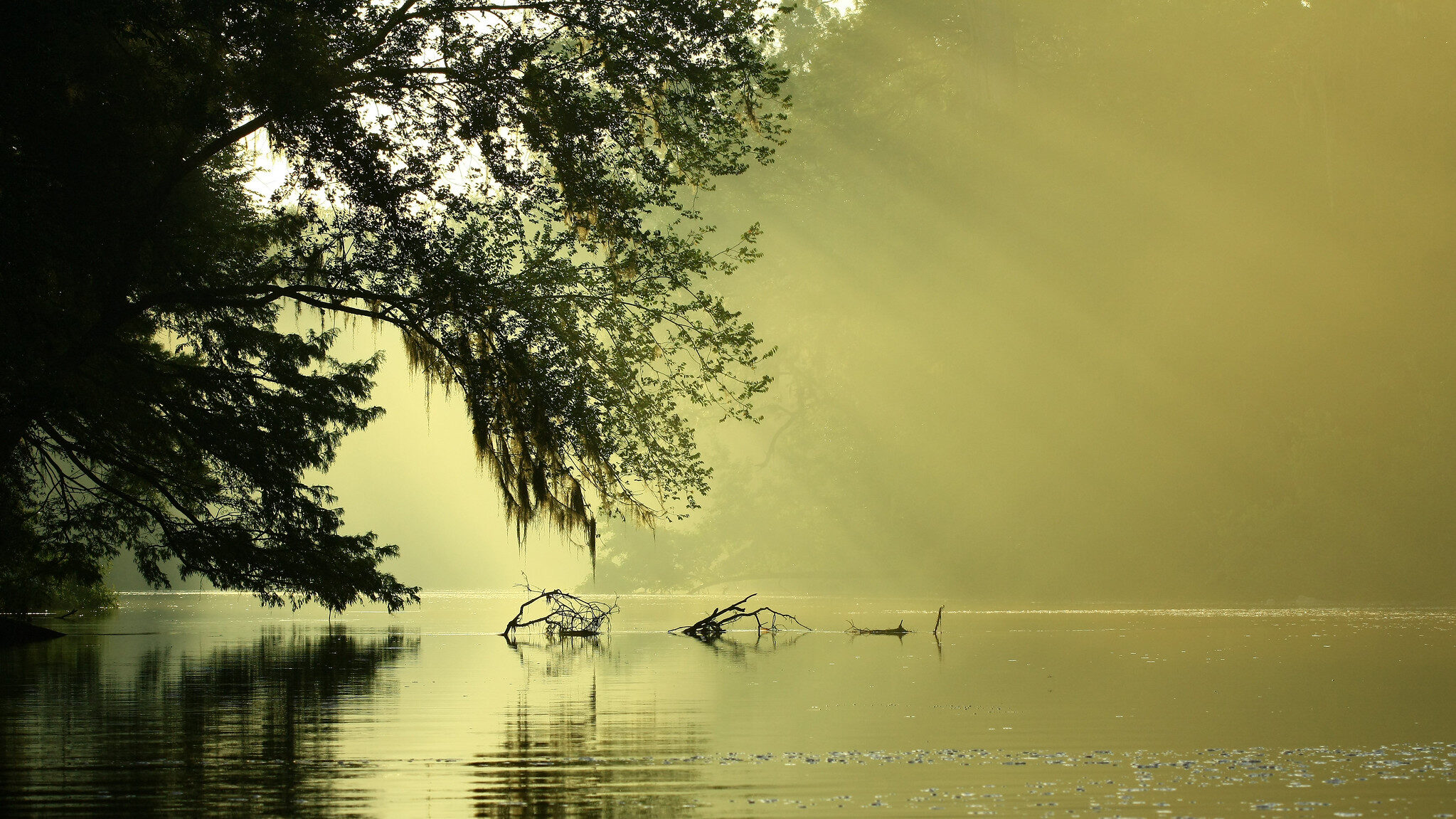SE CASC Researchers, Students, and Affiliates to Present at the 2022 National Adaptation Forum

Are you attending the National Adaptation Forum (NAF) this Fall in Baltimore? Don’t miss these presentations from staff and partners from the Southeast CASC! This year, from October 25-27, the climate adaptation community will gather in Baltimore, Maryland where the adaptation community will work to “foster knowledge exchange, innovation, and mutual support for a better tomorrow” at the National Adaptation Forum (NAF).
Check out presentations, sessions, and posters authored and organized by staff and partners from across our Climate Adaptation Science Center network here.
Tuesday, October 25, 2022
Symposium: Approaches To Co-Producing Science For Natural Resource Adaptation
Contributors: Jennifer Cartwright (SE CASC Science Coordinator & PI), Ken Krauss (USGS SE CASC PI), Steph Courtney (USET Assistant Climate Science Liaison)
Time: 11:30am ET
View Abstract
Effective management of natural resources increasingly requires climate adaptation supported by timely and relevant science. Co-production of scientific information involves sustained collaboration between researchers and resource managers so that research is tailored to the most pressing management questions. In this symposium, speakers will present a variety of research projects from forests, grasslands, streams, and coastal ecosystems across eastern North America that have employed co-production to produce actionable science for natural resource management. Presentations focus on the differing perspectives and backgrounds of scientific researchers and natural resource managers as well as effective approaches for integrating these perspectives into a successful collaborative framework. Through a variety of case studies followed by collaborative group discussion, speakers from federal, Tribal, and academic institutions will describe how global-change processes present “wicked problems” for maintaining healthy ecosystems and how managers and researchers have teamed up to evaluate potential adaptation options. Collectively, these case studies highlight ways that cross-institutional collaboration can support decision-making to conserve species, natural communities, and the ecosystem services they provide.
Wednesday, October 26, 2022
Symposium: Innovative Communications to Improve Natural Resource Adaptation to Climate Change
Contributor: Cari Furiness (SE CASC Program Manager)
Time: 8:30 am ET
View Abstract
Climate change is not only a threat to humankind but also has huge impacts on natural resources. Science agencies can provide natural resource managers with valuable insights for adapting to climate change, but they must compete for attention among other more urgent threats, bureaucratic challenges, and a flood of other information. Thus, it is important that science agencies innovate in their communication efforts to ensure their messages are packaged in easily digestible forms that communicate effectively and capture attention among today’s plethora of sources. This symposium will provide examples of innovative and effective approaches that can be duplicated elsewhere. These presentations will be followed by a question and answer session focused on “How-To” explanations. 1. Collaborative Conservation and Adaptation Strategy Toolbox (CCAST), Matthew Grabau (US Fish and Wildlife Service) 2. Come Rain or Shine Podcast, Carolyn Enquist (Southwest Climate Adaptation Science Center) 3. Science Storytelling: Engaging Partners Through Video, Ulyana Nadia Horodyskyj (North Central Climate Adaptation Science Center) and Cari Furiness (Southeast Climate Adaptation Science Center) 4. Closing the Loop: Innovative Approaches to Providing Science to Stakeholders, Codie Winn (South Central Climate Adaptation Science Center) 5. Using story maps to communicate effectively with broad audiences. Carolyn Enquist (Southwest Climate Adaptation Science Center)
Thursday, October 27, 2022
Symposium: Diverse Communication Approaches to Reach Diverse Audiences
Contributor: Steph Courtney (USET Assistant Climate Science Liaison)
Time: 11:30am ET
View Abstract
Applied science is meant to be used. And yet scientists and users (like refuge and forest managers) often operate independently from each other – working in different institutions, using different jargon, and relying on different tools. For science to reach more diverse and inclusive audiences, science communication efforts must evolve to meet people where they are. In this session, speakers will discuss the creative ways they build connections between scientists and non-scientific audiences. Some develop innovative communication products, using stories, data, visuals, and more to foster engagement with unique audiences. Others use data-driven approaches to revolutionize the user experience for tools audiences already rely on. Altogether, this session will ask how far communication efforts can go to make science useful and usable for the people who most need it.
- Categories:
